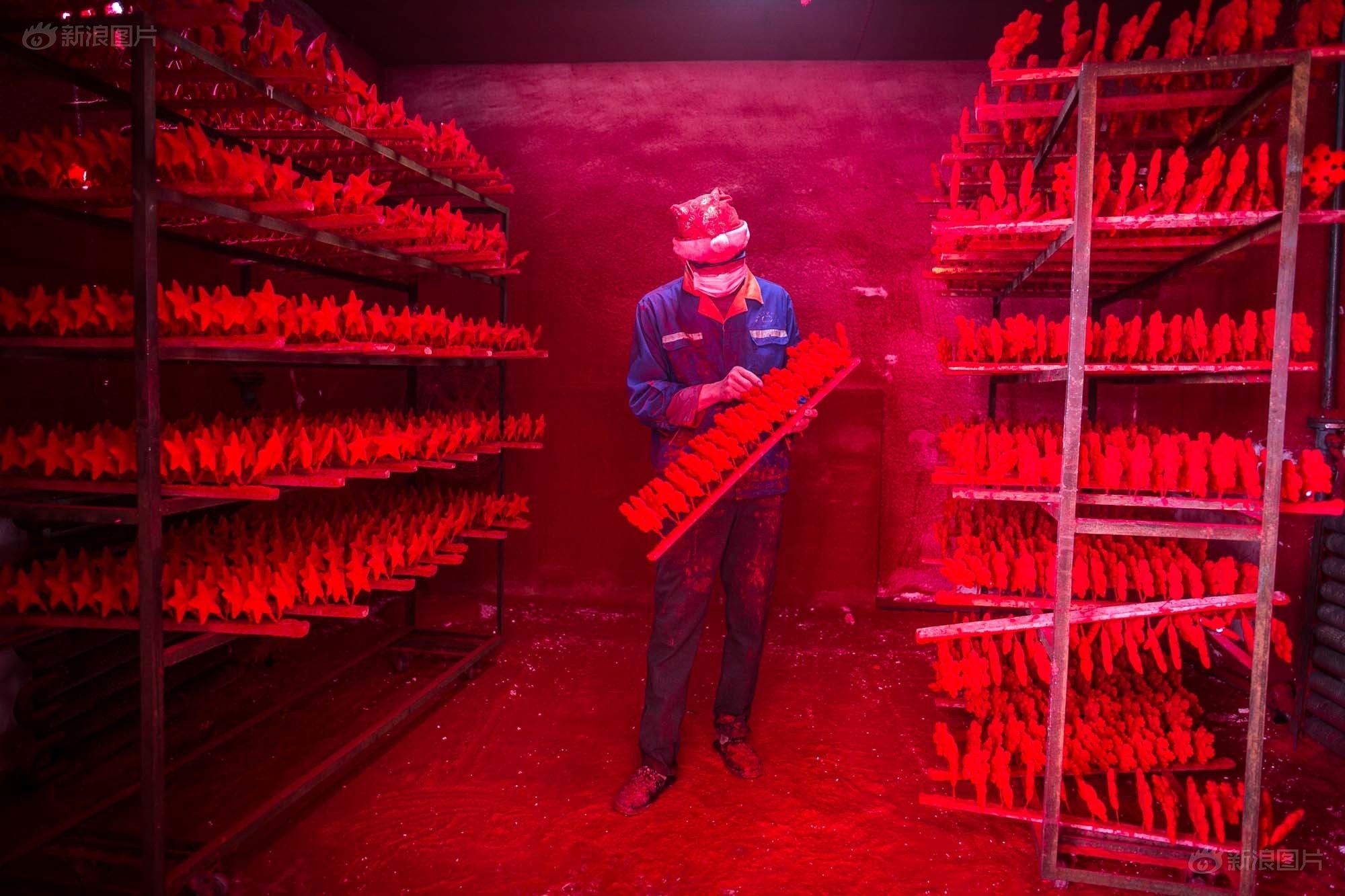“I would imagine Orwell would turn in his grave at the idea of a tourist industry profiting from his name”
There’s a certain level of unintentional intrigue involved in interviewing American author and journalist Emma Larkin. Having spent the best part of eight years reporting from inside of Burma (now known as Myanmar), Larkin, who writes under a pseudonym, has developed a talent for keeping her real identity hidden.
“It was never all that intentional,” she says of her ambiguous literary persona. “It was just something that happened out of necessity, and grew from there. It seems strange, I suppose, with the Internet, social media and modern publishing. But I actually quite like the privacy.”
Born in Thailand to an American mother and educated in the UK from the age of ten, Larkin was provided early on with a ready set of differing identities from which to experiment with. “I didn’t feel particularly disingenuous,” she says. “It’s always felt very natural. Though I do sometimes get confused, especially when I answer the phone – and someone asks for ‘Emma.’”
Larkin, who speaks in a crisp but warm English accent, uses her American nationality when traveling across boarders as a means of putting distance between herself and her journalist alter-ego.
“The situation was very different the first few times I visited [Myanmar],” she says of her various trips in the mid-to-late 90s. “Back then, it was difficult to get access. Working in Burma was so slow, there was no Internet, no mobile phone networks and no one trusted anyone. It was a very paranoid place. Most people refused to talk to anyone – especially outsiders – and that’s not to mention all the pretense that was involved,” she says. Like changing your name, I ask? “Yeah, and pretending to be a student and be really, really interested in Burmese language [Larkin did in fact study Burmese language at SOAS], hanging around in cafés for hours. Getting somebody to trust you was a big deal. You couldn’t just walk into the University and ask to speak to the professor, you weren’t even allowed on the campus.”
Did she ever consider giving up? “At times, definitely, but for the most part, I found it really exhilarating,” she says. “Back then, because of things like journalist restrictions, there were so few people from the outside going into Burma. It was like being given this license to go in and collect all these compelling stories.”
After several long trips, Larkin returned with a more concrete idea. To retrace the steps of another young writer who preferred to use a pseudonym, those of Eric Blair (or as he’s more commonly known, George Orwell). “There was very little contemporary material about Burma, so I turned to the older stuff, like Orwell’s Burmese Days,” she says of her early interest.
Although originally published in 1934, Larkin found the themes running through Burmese Days mirrored those of modern day Myanmar. “I found it fascinating, it was as if a lot of what he was writing about had been frozen in time. There are echoes in the landscape, as well as these strong emotional echoes, especially in regard to the loneliness of the characters – and their inability to speak out. It really struck me. I wanted to investigate the parallels.”
Her book, Finding George Orwell in Burma, revisited the places where he lived as well as deftly reimagining the experiences that helped shape his political outlook and later writing. “There is a joke in Burma,” says Larkin. “That Burmese history is reflected in the work of George Orwell; Burmese Days is the colonialist period, Animal Farm is the socialist era and 1984 is the military regime.”
Larkin, of course, was working in the country during its 1984 period. “I had to be especially careful,” she says, recalling the book’s research stages. “Especially with the Orwellian-style military intelligence. The repercussions of the book wouldn’t have affected me, I’d have been deported and banned from the country. It was my friends who’d be affected. It’s not something to be taken lightly. In the book, names are changed and, in some cases, locations too. After I finished the book, I gave it to a select few people to read inside Burma, and went back and highlighted the bits that they thought might be dangerous.”
Her book has since gone on to find a considerable worldwide audience, including here in China, where it has helped to spark something of a budding Orwell industry in Myanmar. “It’s weird,” she laughs. “There’s a lot of tourism, pilgrimages and people pretending that this was the house where Orwell lived. I would imagine he would turn in his grave at the idea of a tourist industry profiting from his name.”
The growth in international interest has been met with a resurgence in interest within the country too. “I met a publisher during a recent trip to Yangon who wanted to translate Orwell’s work, he’s been waiting for years to have the opportunity,” says Larkin. “Until now, the only Orwell novel to have been translated into Burmese is Animal Farm, and that was produced in the 1950s by the US embassy, as a propaganda tool.”
// Emma Larkin is the author of several books on Southeast Asia, Finding George Orwell in Burma is available in both English and Chinese, and is available now.






















0 User Comments